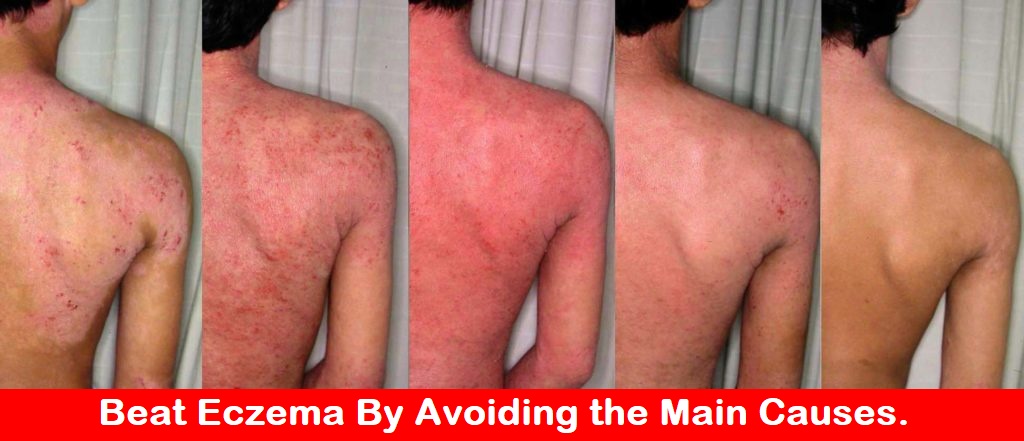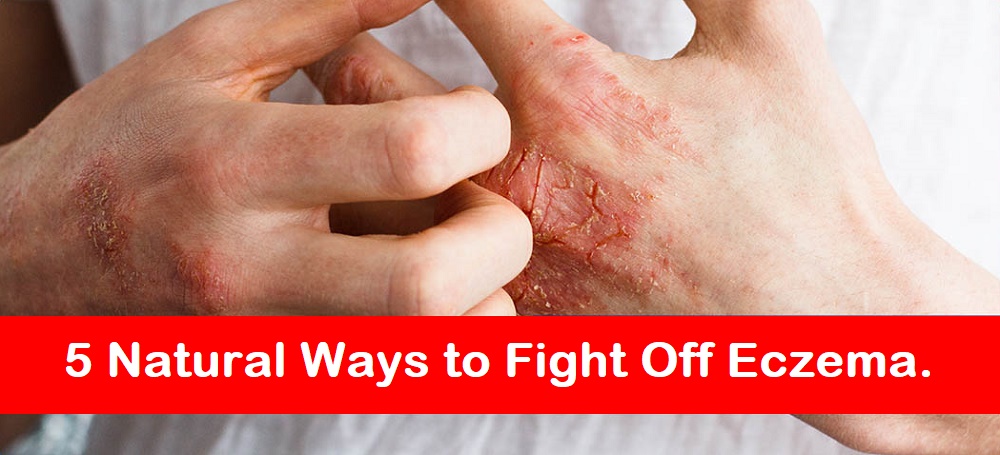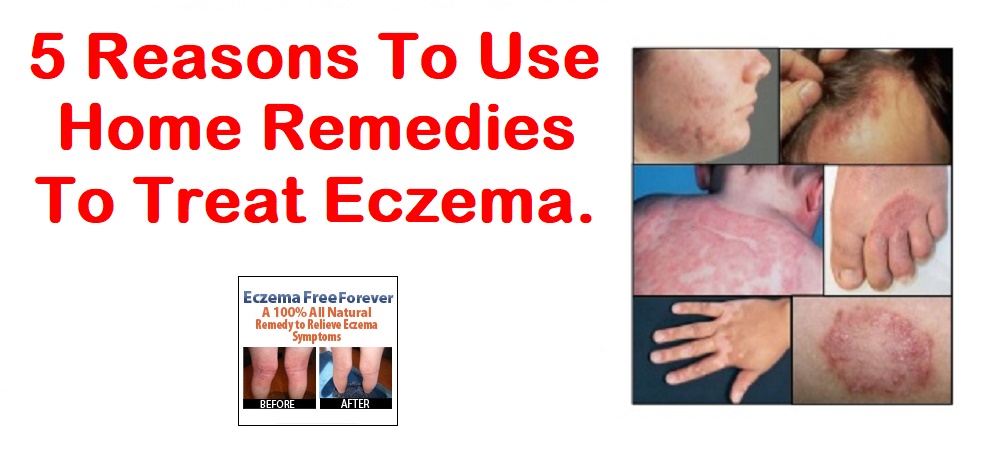Eczema is a chronic skin condition that
affects millions of Americans. Although each of these individuals is plagued
with sensitive and easily irritated skin, there are different types of eczema.
A few of the most common diagnoses made are outlined and briefly reviewed below.
Atopic Dermatitis
Atopic Dermatitis is the most common type of eczema. Luckily, the condition is
rarely constant. Instead, those who suffer from this type of eczema experience
outbreaks or flare-ups. Trigger factors, which may include certain foods and chemical
irritations, are the leading cause of atopic dermatitis. Patients who determine
their trigger factors and work to eliminate them tend to experience fewer and
less severe flare-ups.
Contact Eczema
Contact eczema is similar to atopic dermatitis, but it results in a localized
reaction. A common cause of a contact eczema outbreak is direct skin contact
with chemicals. For example, some women may experience flare-ups on their
risks, hands, or face after applying makeup. Although anyone can suffer from contact
eczema, those with a history of allergies are more prone.
Seborrheic Eczema
Seborrheic eczema, like other forms of the condition, is an inflammation of the
skin. The skin is irritated. This eczema, however, is used to describe
flare-ups and outbreaks that don't have a cause. Many areas of the body are
targeted, but the face and scalp are most commonly affected. A common example
of this type of eczema is cradle cap in babies and infants.
Nummular Eczema
Although relatively rare and uncommon, nummular eczema is another type of
diagnosable eczema. The most noticeable and distinguishable feature is patches
of irritated skin that are coin shaped. It is a chronic condition. Allergies,
family history of eczema, and asthma lead to an increased risk. While anyone
can have nummular eczema, it is most common in elderly males.
There
are other types of eczema that men, women, and children suffer from. Although
the names are different, the treatment options are usually the same. Medical
professionals recommend avoiding skin irritants, keeping the body well
moisturized, and making the switch to all-natural products. For an accurate
diagnosis on what type of eczema you suffer from, schedule an appointment with
your healthcare provider.
Also Read: Dealing with Eczema and the Lifestyle Changes.








Comments
Post a Comment